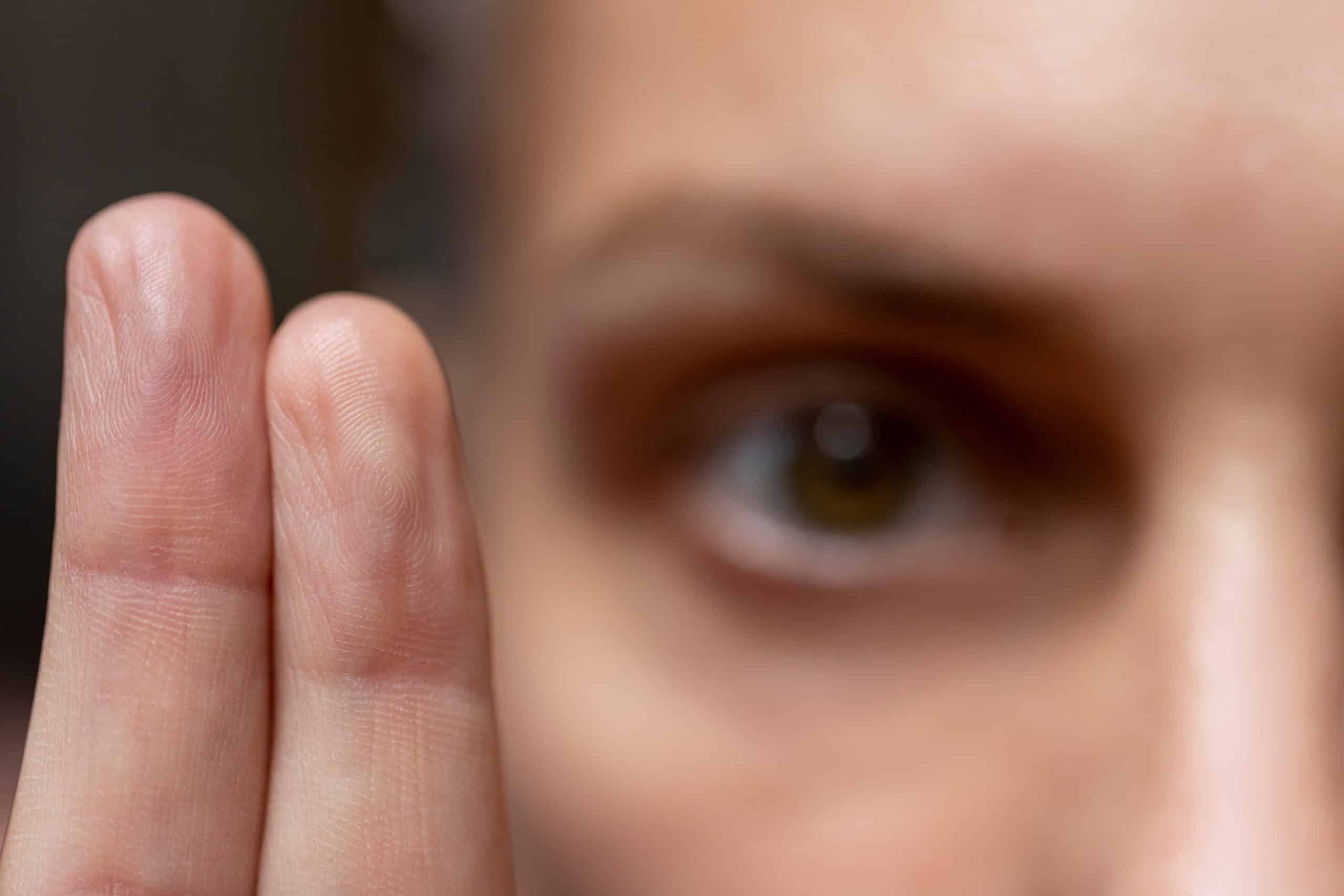

At NJ Recovery Solutions, we implement a spectrum of advanced, evidence-based therapies and modalities designed to treat individuals facing the challenges of substance abuse and mental health disorders. Our multidisciplinary approach is centered on not only mitigating the immediate symptoms but also addressing the deeper psychological, emotional, and social factors contributing to these conditions. This holistic strategy ensures long-lasting recovery and a reinstated sense of well-being for our clients.
Therapy, also known as psychotherapy or counseling, is a process through which clients work with a trained mental health professional in a safe, confidential environment to explore their feelings, beliefs, and behaviors. The goal of therapy is to facilitate personal growth, improve mental health, and enhance quality of life. Therapists utilize various methodologies to help clients understand the root causes of their distress, develop new coping mechanisms, and cultivate positive change in their lives.





CBT is a highly effective, time-sensitive therapy focusing on altering dysfunctional emotions, behaviors, and thoughts by a systematic process. It challenges distorted cognitive processes and champions behavior modification. Particularly useful in treating substance abuse by helping reshape the client’s mindset around drugs and alcohol, CBT empowers individuals to spot triggers and deploy healthier responses.
DBT emphasizes the psychosocial aspects of treatment, blending individual psychotherapy with group skills training classes to help people learn and use new skills and strategies. It is particularly suitable for individuals with a dual diagnosis of substance abuse and emotional dysregulation disorders like borderline personality disorder. DBT emphasizes acceptance and change and includes mindfulness, distress tolerance, emotion regulation, and interpersonal effectiveness skills.
MI is a client-centered, guiding therapeutic approach that enhances an individual’s motivation to change by resolving ambivalence. Recognizing that clients are at different levels of readiness to enter, continue, and stick to treatment, MI enables therapists to meet clients where they are and help them move forward at their pace.
Family therapy adopts a holistic approach that views the family as a unique social system with its own communication patterns and structures. Families facing substance abuse or mental health challenges often find family therapy is essential to healing and growth, as it can help improve communication, resolve conflicts, and educate family members about the dynamics of addiction and mental health.









Group therapy provides a supportive setting where individuals can share experiences and learn from each other under the guidance of a professional therapist. The dynamic of a group can replicate social interactions, providing a real-life forum for practicing the social skills and coping strategies learned in therapy.
Mindfulness-based therapies, like Mindfulness-Based Stress Reduction (MBSR) or Mindfulness-Based Cognitive Therapy (MBCT), emphasize paying attention to the present moment and accepting it without judgment. Mindfulness practices in treatment help clients to manage symptoms, reduce stress, and enhance emotional regulation.
Holistic therapies, including yoga, meditation, art therapy, and equine therapy, focus on healing the person as a whole. They aim to integrate physical, mental, and spiritual well-being and often complement traditional therapies in a substance abuse or mental health treatment program.
Experiential therapies are a broad collection of therapeutic approaches that encourage clients to identify and address hidden or subconscious issues through experiences or activities. These can include art therapy, music therapy, equine-assisted therapy, wilderness therapy, and adventure therapy.

The benefits of therapy within the context of substance abuse and mental health treatment are manifold. Therapy can:
Incorporating these therapies into the treatment process increases the likelihood of a successful recovery and underlines the importance of a comprehensive approach to substance abuse and mental health issues.
NJ Recovery Solutions is dedicated to offering personalized and effective treatment plans for individuals struggling with substance abuse and mental health disorders. Our team of compassionate and skilled professionals is trained in a wide range of therapeutic techniques, ensuring that we are equipped to address the diverse needs of our clients.
We take great pride in our ability to offer a supportive environment where clients can embark on their healing journey with confidence. With the ultimate goal of leading a fulfilling and substance-free life, our center actively collaborates with clients to pinpoint the most beneficial therapeutic modalities for their specific circumstances.
Our commitment to you includes ongoing support and care tailored to help you regain control over your life. From the cutting-edge treatments we provide to the community of recovery we foster, NJ Recovery Solutions stands as an advocate of hope and healing.
If you or a loved one is battling substance abuse or facing mental health challenges, allow NJ Recovery Solutions to help navigate the path to lasting wellness. Together, we can work towards a brighter, healthier future. Contact us today to learn more about how our therapies and modalities can support your journey to recovery.
NJ Recovery Solutions offers a comprehensive range of therapies for treating both substance abuse and mental health issues. These include, but are not limited to, Cognitive Behavioral Therapy (CBT), Dialectical Behavior Therapy (DBT), Motivational Interviewing (MI), Eye Movement Desensitization and Reprocessing (EMDR), Family Therapy, Group Therapy, Mindfulness-Based Therapies, Holistic Therapies, Relapse Prevention Therapy, and Narrative Therapy. Our aim is to provide a holistic and individualized treatment approach for each client.
Cognitive Behavioral Therapy (CBT) is particularly effective in treating substance abuse as it focuses on identifying and altering dysfunctional thoughts and behaviors that contribute to addiction. CBT helps clients recognize their triggers, develop coping strategies to handle cravings, and modify thought patterns that lead to substance use. This proactive approach empowers individuals to take control over their recovery and reduces the likelihood of relapse.
Yes, at NJ Recovery Solutions, we believe in the vital role family plays in the recovery process. Our Family Therapy program is designed to involve family members in treatment, helping improve communication, resolve conflicts, and educate family members about the dynamics of addiction and mental health. This holistic approach ensures that the entire support system understands the challenges and strategies necessary for recovery, fostering a cooperative and supportive environment for the individual.
Experiential Therapies, such as Art Therapy, Music Therapy, Equine-Assisted Therapy, Wilderness Therapy, and Adventure Therapy, provide an alternative to traditional talk therapy by engaging clients in activities that promote expression, self-discovery, and emotional healing through experiences. These therapies help bypass cognitive defenses, allowing for a deeper and often more intuitive process of healing. They are especially beneficial for individuals who find it challenging to express themselves verbally or have experienced trauma.